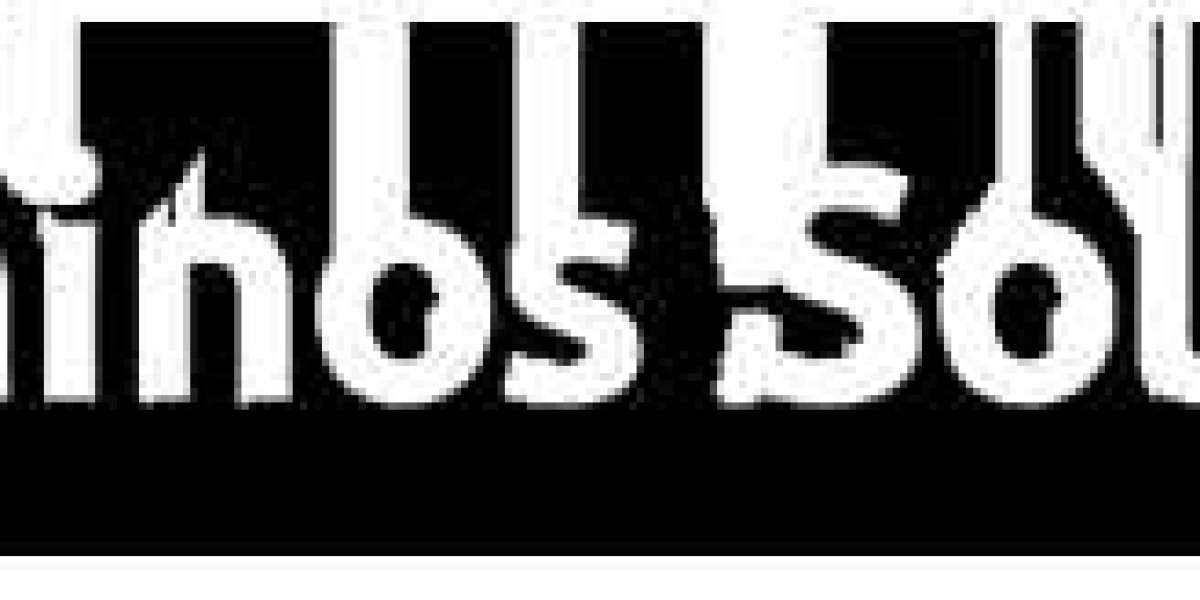Introduction
The global healthcare industry is at the forefront of technological advancements, continually striving to provide efficient and quality medical services to patients worldwide. However, with the expansion of digitalization and electronic health records, the industry is also facing a rise in healthcare fraud. Healthcare fraud not only impacts the financial stability of healthcare organizations but also jeopardizes patient safety and undermines the trust that patients place in the system. To combat this growing concern, the healthcare fraud detection market has emerged as a crucial sector, deploying cutting-edge technologies to safeguard the integrity of healthcare systems.
Understanding Healthcare Fraud
Healthcare fraud encompasses a range of illicit activities, including billing for services not rendered, providing unnecessary medical procedures, forging prescriptions, and identity theft to access medical services. These fraudulent activities result in financial losses amounting to billions of dollars annually and have far-reaching consequences for both patients and providers.
The Need for Fraud Detection Solutions
The complexity and scale of healthcare operations, along with the intricate billing and coding procedures, create opportunities for unscrupulous individuals to exploit the system. Traditional methods of fraud detection, relying heavily on manual audits and random checks, fall short in detecting and preventing fraud in real time. This gap has given rise to the healthcare fraud detection market, which leverages advanced technologies to analyze vast amounts of data and identify patterns indicative of fraudulent behavior.
Technological Innovations in Healthcare Fraud Detection
Data Analytics and Machine Learning: Advanced data analytics and machine learning algorithms are the backbone of modern healthcare fraud detection systems. These technologies can sift through massive datasets to identify anomalies and patterns that might indicate fraudulent activities. By continuously learning from new data, these systems can adapt and improve over time, staying ahead of ever-evolving fraud tactics.
Predictive Modeling: Predictive modeling involves creating algorithms that forecast potential fraudulent activities based on historical data. By analyzing trends and identifying unusual patterns, predictive modeling assists in preemptively detecting fraudulent behavior and preventing financial losses.
Artificial Intelligence (AI) and Natural Language Processing (NLP): AI and NLP technologies enable systems to analyze and understand unstructured data such as medical records and clinical notes. This capability aids in identifying inconsistencies and irregularities that might point to fraudulent activities.
Biometric Authentication: Biometric authentication methods, such as fingerprint and facial recognition, enhance security and help prevent identity theft and unauthorized access to medical services.
Market Growth and Future Prospects
The healthcare fraud detection market has experienced significant growth in recent years, driven by the escalating need for robust fraud prevention measures. As healthcare systems worldwide transition to electronic health records and digital billing systems, the potential for fraud escalates. Market players are responding by developing increasingly sophisticated solutions that integrate various technologies to create comprehensive fraud detection platforms.
Moreover, regulatory bodies and government agencies are intensifying their focus on healthcare fraud prevention. Stricter regulations and compliance standards are pushing healthcare providers to adopt advanced fraud detection systems to avoid legal repercussions and reputational damage.
Conclusion
The healthcare fraud detection market is a vital component of the ongoing transformation of the healthcare industry. By leveraging technologies such as data analytics, machine learning, AI, and biometric authentication, this market plays a pivotal role in safeguarding patient well-being, ensuring financial integrity, and fostering trust within healthcare systems. As the healthcare landscape continues to evolve, the healthcare fraud detection market will remain at the forefront of innovation, offering proactive solutions to combat the ever-adapting tactics of fraudulent actors. Through collaborative efforts between technology developers, healthcare organizations, and regulatory bodies, a more secure and trustworthy healthcare ecosystem can be realized, benefiting patients and stakeholders alike.








